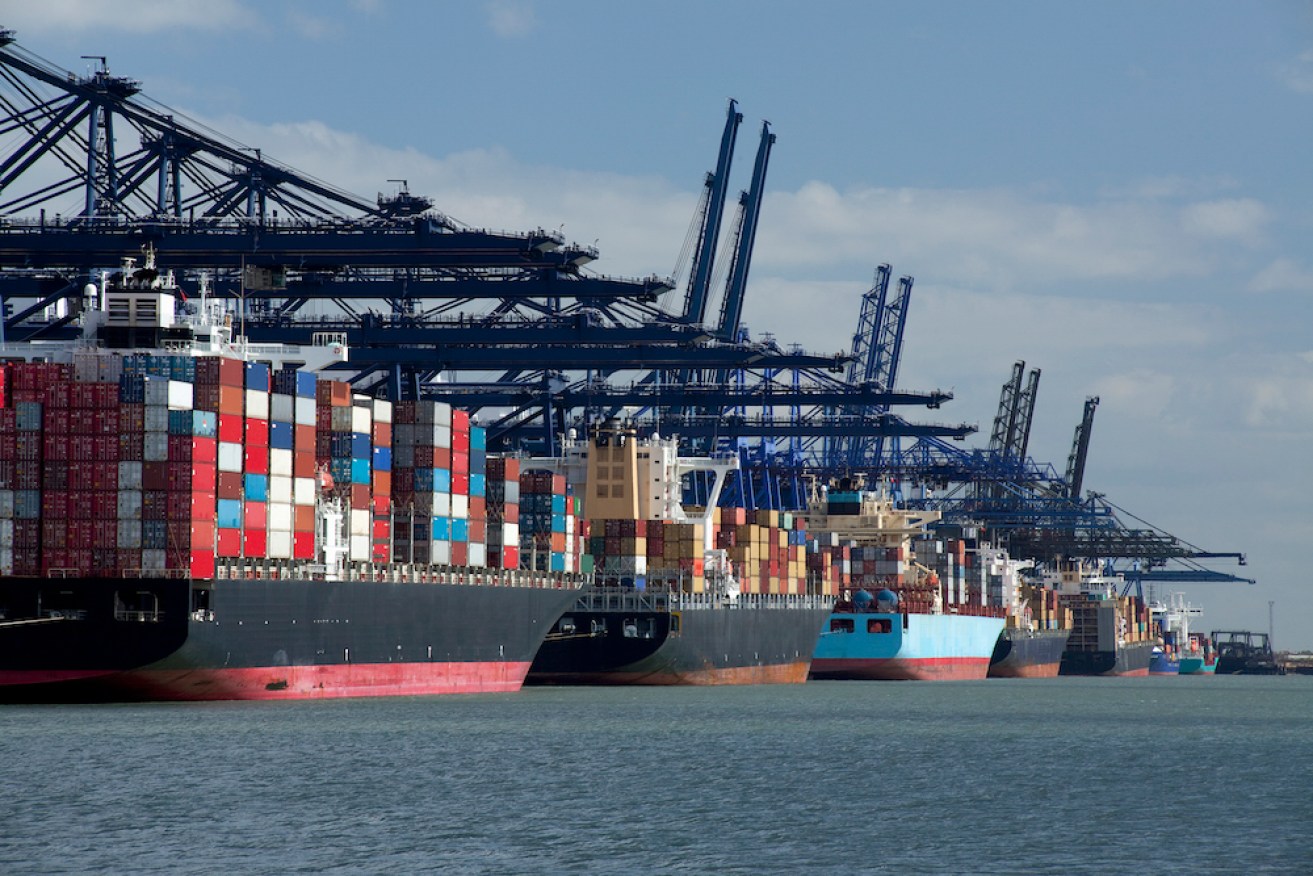OECD warns of global slowdown

Wars, high interest rates and inflation are expected to take a toll on global trade next year. Photo: Getty
The global economy, which has proved surprisingly resilient in 2023, is expected to falter next year under the strain of wars, still-elevated inflation and continued high interest rates.
The Paris-based Organisation for Economic Co-operation and Development (OECD) stated on Wednesday that international growth would slow to 2.7 per cent in 2024 from an expected 2.9 per cent pace this year.
That would amount to the slowest calendar-year growth since the pandemic year of 2020.
Despite the gloomier outlook, the organisation was “projecting that recessions will be avoided almost everywhere”, OECD secretary-general Mathias Cormann said at a news conference on Wednesday.
However, he said, there were risks that inflation would stay persistently high and that the Israel-Hamas conflict and Russia’s war in Ukraine could affect prices for commodities, such as oil or grain.
A key factor for the slowdown is that the OECD expects the world’s two biggest economies, the United States and China, to decelerate next year.
The US economy is forecast to expand just 1.5 per cent in 2024, from 2.4 per cent in 2023, as the Federal Reserve’s interest rate increases – 11 of them since March 2022 – continue to restrain growth.
The Fed’s higher rates have made borrowing far more expensive for consumers and businesses and, in the process, have helped slow inflation from its four-decade peak in 2022.
The OECD foresees US inflation dropping from 3.9 per cent this year to 2.8 per cent in 2024 and 2.2 per cent in 2025, just above the Fed’s 2 per cent target.
The Chinese economy, beset by a destructive real estate crisis, rising unemployment and slowing exports, is expected to expand 4.7 per cent in 2024, down from 5.2 per cent this year.
China’s “consumption growth will likely remain subdued due to increased precautionary savings, gloomier prospects for employment creation and heightened uncertainty”, the OECD said.
Also likely to contribute to a global slowdown are the 20 countries that share the euro currency.
They have been hurt by heightened interest rates and by the jump in energy prices that followed Russia’s invasion of Ukraine.
The OECD expects the collective growth of the eurozone to amount to 0.9 per cent next year – weak but still an improvement over a predicted 0.6 per cent growth in 2023.
The world economy has endured one shock after another since early 2020 – the eruption of COVID-19, a resurgence of inflation as the rebound from the pandemic showed unexpected strength, Moscow’s war against Ukraine and painfully high borrowing rates as central banks acted aggressively to combat the acceleration of consumer prices.
Yet through it all, economic expansion has proved unexpectedly sturdy.
A year ago, the OECD predicted global growth of 2.2 per cent for 2023.
That forecast proved too pessimistic. Now, the organisation warns, the respite may be over.
“Growth has been stronger than expected so far in 2023,” the OECD said in its 221-page report, “but is now moderating as the impact of tighter financial conditions, weak trade growth and lower business and consumer confidence is increasingly felt.”
Moreover, the OECD warned, the world economy is confronting new risks resulting from heightened geopolitical tensions amid the Israel-Hamas war – “particularly if the conflict were to broaden”.
“This could result in significant disruptions to energy markets and major trade routes,” it said.
–AAP








